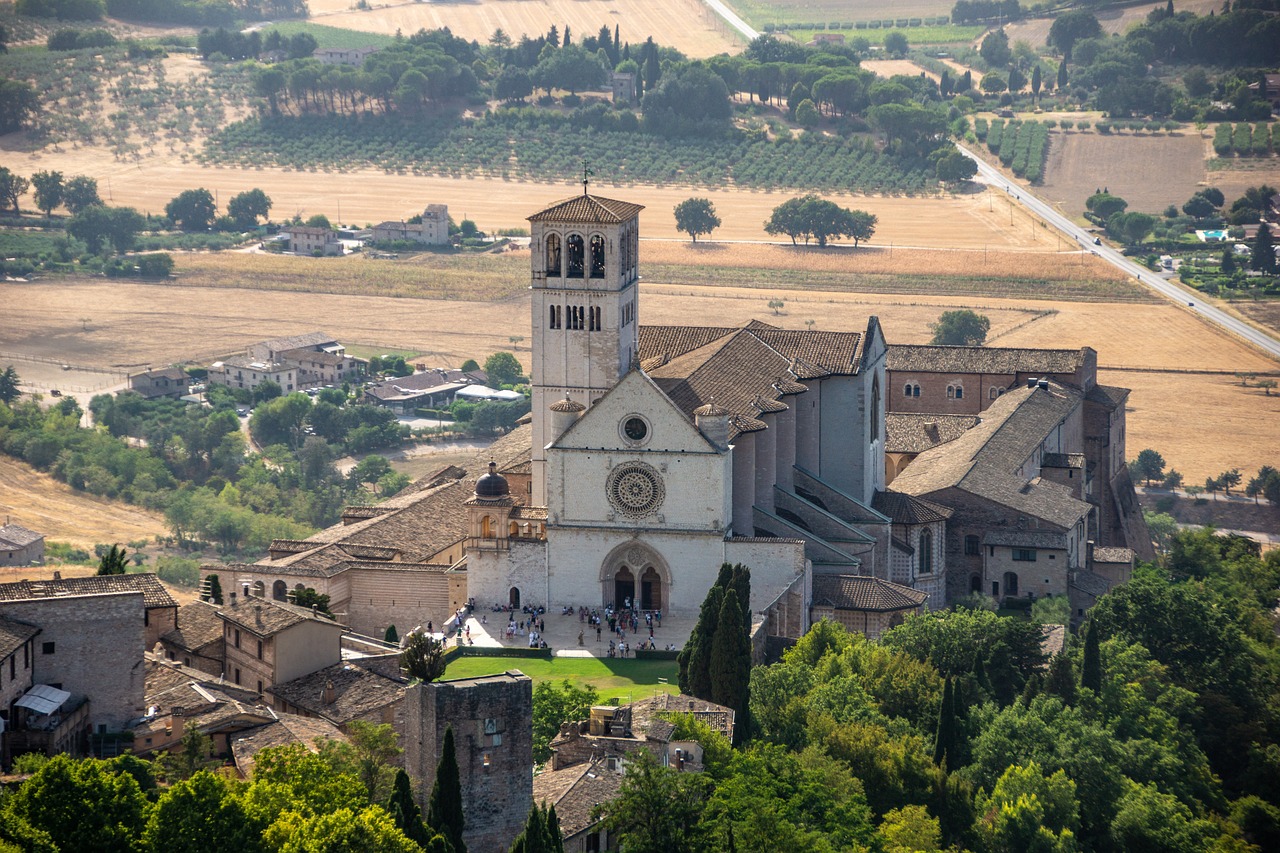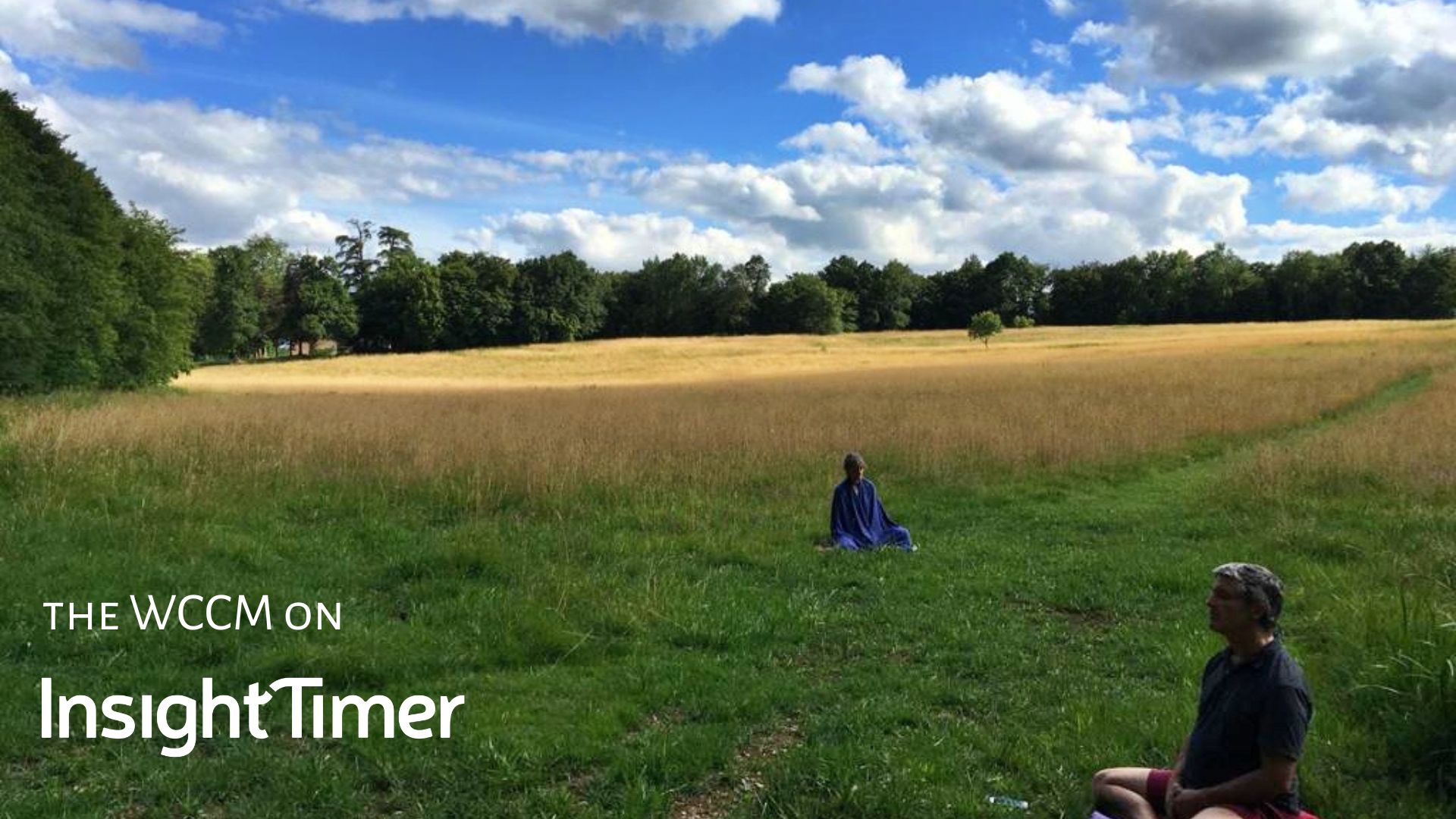A contemplative response to the climate crisis is not only possible, but I think it’s essential because contemplative spirituality is not quietism. Contemplative spirituality is to be fully engaged in the present moment, to our minds, to our bodies and to the places where we live. And climate change is going to impact places all over the world in very different ways.

And so, I think we need to cultivate a deep love and responsibility for our places. And a contemplative ecology is one that is present and aware of what’s happening in our places. It’s a kind of place-fullness that I would add to our practice of contemplative spirituality to mindfulness.

And inevitably, in the coming decades, that’s going to include loss. And so grief is an important part of this conversation. So a contemplative ecology is not only a place-ful practice, but one that integrates grief into our spirituality and our activism because we can’t talk about grief without talking about love, and we need to love ourselves and also our places more than ever.
Curious to find out more ?
Jason will reflect on ecological grief as an essential component of a contemplative ecology, in his online talk Contemplative Ecology and Grieving Through Dark Times on 11 March, 7:30 PM (CET).







